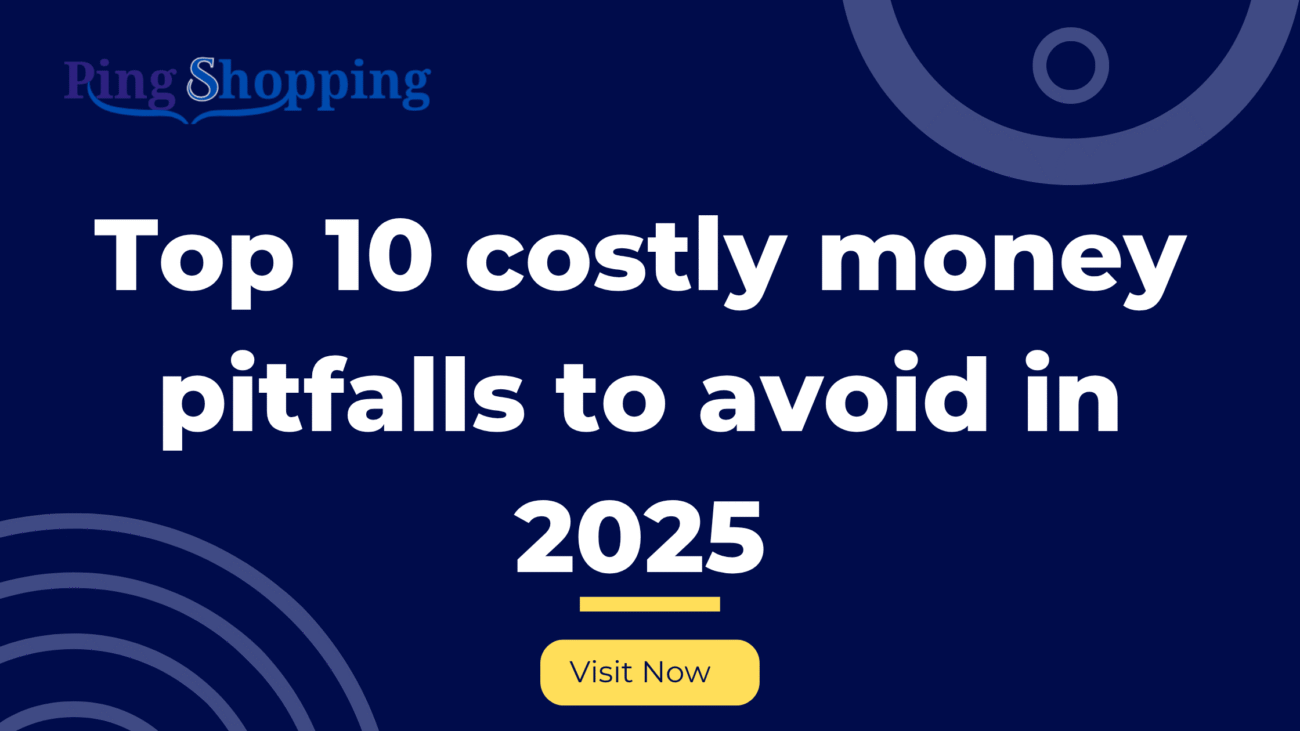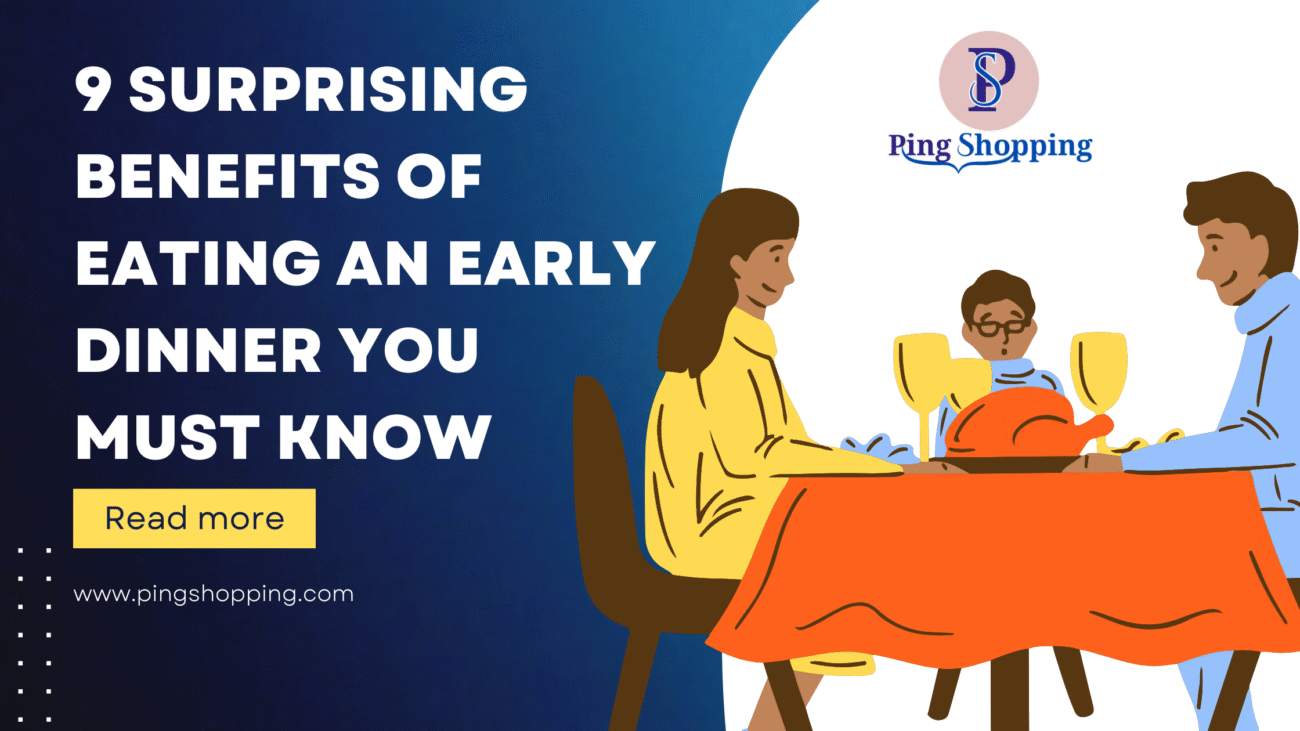Building wealth isn’t so easy! It takes time, patience, and guts to make smart financial decisions. However, the experienced professionals recommend that prosperity is based on what you retain and increase rather than what you earn. That’s when the Chartered Accountant Nitin Kaushik suggested his opinion on the “top 10 money pitfalls to avoid in 2025”. Go through this article to know more about it.

Purchasing Whole Life Insurance Over Term Policies
Kaushik warns against buying whole life or endowment insurance policies that assure returns but offer little in actual terms. Such old-age policies yield only 4–5% returns per year and come with substantial commissions that erode your profits. Instead, he suggests pure term insurance, which can be a low-commission plan to provide coverage equivalent to 10–12 times your yearly income. It’s cost-effective, clear, and protects your family’s financial future.
Investing in Timeshare
Timeshares sound like a convenient means to book holidays, but Kaushik explains they usually have no resale value and entail ongoing maintenance. It’s better to set aside money regularly for vacations or open a separate travel fund. It allows you to be flexible and to choose where you want to go without committing your cash to a declining asset.
Co-signing Loan
Co-signing a loan for another person, even a family member or friend, can boomerang if the borrower defaults. Because late payments hit both credit scores, you might be left with responsibility for a debt you didn’t take on. Kaushik suggests providing financial advice or emotional support rather than signing your name to someone else’s debt. Your creditworthiness should always be protected.
Minimum Credit Card Payment
Credit cards can be useful, but carrying forward dues can turn nasty very fast. In India, interest rates for unpaid dues tend to be between 30–42% annually, trapping people in a debt trap. Kaushik invites users to pay full amounts every month and not equate credit limits with income. Prudent usage builds a good credit history without the risk of debt compounding.
Investing in Stuff You Don’t
Most investors dive into hot opportunities out of fear of missing out (FOMO), from cryptocurrency tokens to obscure derivatives. Kaushik’s rule of gold: if you can’t describe an investment to a 15-year-old, don’t invest in it. Instead, invest in basic, low-cost funds such as index funds and ETFs that mirror market action and appreciate steadily over time.
Spending More Than You Make
Lifestyle inflation, upgrading your spending every time income rises, is a silent wealth killer. Kaushik suggests disciplined investing and budgeting. They are the key to tracking expenses and living below your means. In fact, saving 20-30% of your income can push you towards long-term financial stability.
Financing a Brand-New Car
Purchasing a new vehicle might be gratifying, but financially, it’s usually a losing bet. Cars will lose 15–20% of their value as soon as they roll out of the dealer’s lot. Kaushik suggests a better bet: buying a 2- or 3-year-old used car, cash down, if possible. You receive almost identical utility at a fraction of the price without that precipitous early depreciation.
Betting the Farm on Cryptocurrency
Kaushik cautions not to overexpose oneself to extremely volatile instruments such as cryptocurrencies. With over 90% of coins set to collapse, betting your future on speculation is dangerous. He recommends keeping crypto exposure to 5–10% of the overall portfolio, with the remaining portion in diversified assets like equities, debt securities, REITs, and gold.
Overstretching Your Mortgage Beyond Comfort
Homeownership is the dream of most, but overspending creates pressure. Kaushik suggests keeping home loan EMIs at 25–30% of your take-home pay. Lending within bounds has space for savings, emergencies, and lifestyle expenditure. A smaller, affordable property is a stress-free proposition and a money strength.
Borrowing a Payday Loan
Few financial instruments are as corrosive as payday loans, with interest rates higher than 200% per year. They foster dependency and financial mayhem. Kaushik recommends instead creating an emergency fund of six months’ living costs. This protects you from unexpected income loss or medical crises.
A Message of Simplicity and Consistency
Kaushik can be summed up in one sentence:
“Wealth isn’t constructed by pursuing hacks. It’s constructed by consistently avoiding expensive mistakes.”
In a world where social media is flooded with financial influencers and get-rich-quick schemes, his message is a sorely needed reminder to build wealth without shortcuts. IT accumulates calmly with discipline, patience, and good judgment.
Reference: https://www.businesstoday.in/personal-finance/news/story/wealth-isnt-built-by-chasing-ca-reveals-top-10-costly-money-pitfalls-to-avoid-in-2025-497871-2025-10-12





